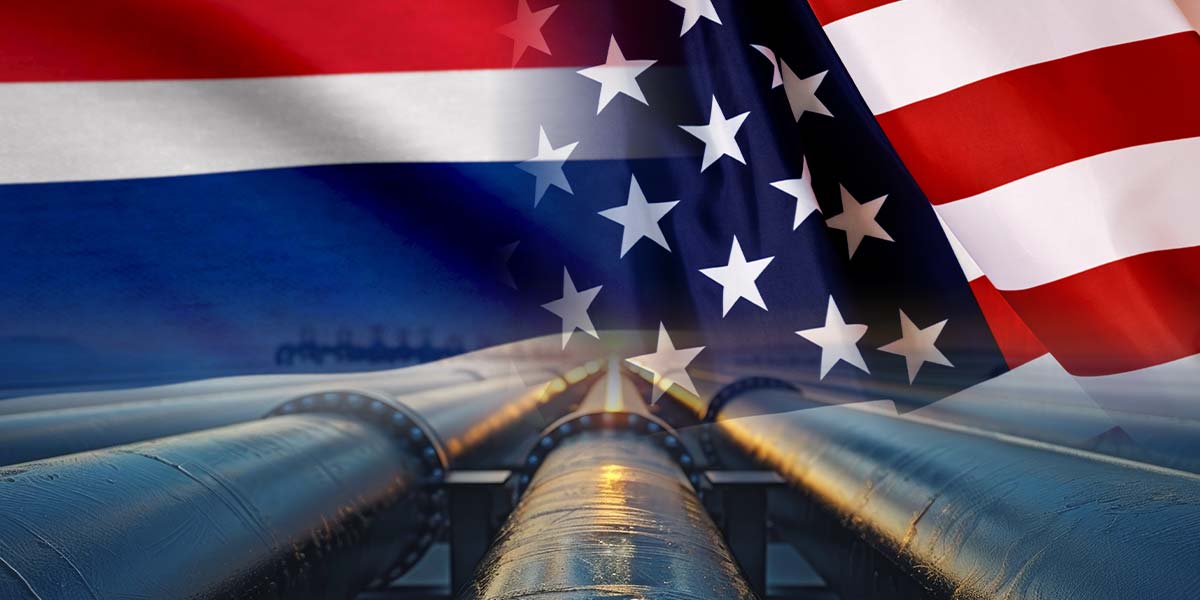In a strategic move to mitigate its $46 billion trade surplus with the United States ahead of looming tariff negotiations, Thailand has expressed interest in co-developing a significant gas pipeline project in Alaska, supported by U.S. President Donald Trump.
The Ministry of Energy in Thailand announced on Thursday that Thai officials have been in discussions with project representatives regarding the potential role that Thailand could play in the $44 billion Alaska pipeline initiative, which has faced delays. This collaboration would involve investments in gas exploration, production, and associated infrastructure.
Moreover, Thailand is considering a long-term agreement to import approximately 3 to 5 million tons of liquefied natural gas from Alaska annually. Trump’s endorsement of the project has already drawn interest from other Asian LNG consumers like Japan, South Korea, and Taiwan, eager to partner with U.S. developers.
Thailand’s interest in the Alaska project is perceived as part of a broader strategy to boost U.S. investments, aiming to counteract the Trump administration’s proposal to levy a substantial 36% tariff on Thai exports. As Bangkok prepares for negotiations with Washington, it has pinpointed natural gas, petrochemical feedstock, and agricultural commodities as key U.S. imports to help reduce the trade imbalance.
The LNG project negotiation stems from Alaska’s governor Mike Dunleavy visit to Thailand in March 2025. The Trump administration has offered a collaboration in the Alaska LNG project due to Thailand’s existing collaboration with the U.S. in LNG imports.
This negotiation is inline with the Ministry of Energy policies of seeking new sources of fuel to support Thailand’s increasing energy demand, especially natural gas which is a low carbon fuel that plays a crucial role in energy transition. Furthermore, the collaboration also creates opportunities for further investment in natural gas production to bolster Thailand energy security, and promotes Thailand as the center of LNG trade in Asia.
Furthermore, the negotiation will also reinforce Thailand’s interest in collaborating with the U.S. on other spectrum of the Alaska LNG project, ranging from investment in petroleum exploration and extraction, investing in the infrastructure of the gas field, and long-term LNG importation from the U.S. at an appropriate price.
In addition, petroleum from the Alaska field has both strong commercial potential and support from Trump’s policy. The North Slope area of the Alaska field has been confirmed with more than 40 million cubic feet in natural gas reserves, which could produce and export at least 40 million tonnes of LNG annually.
The Alaskan LNG can easily access the Asian market via the Pacific Ocean at a competitive price due to its large natural gas field, lower cost, and the use of more efficient production and transportation equipment by the U.S. The LNG from Alaska is expected to reach Thailand within 10-15 days compared to 25-30 days from the Middle East fields.





